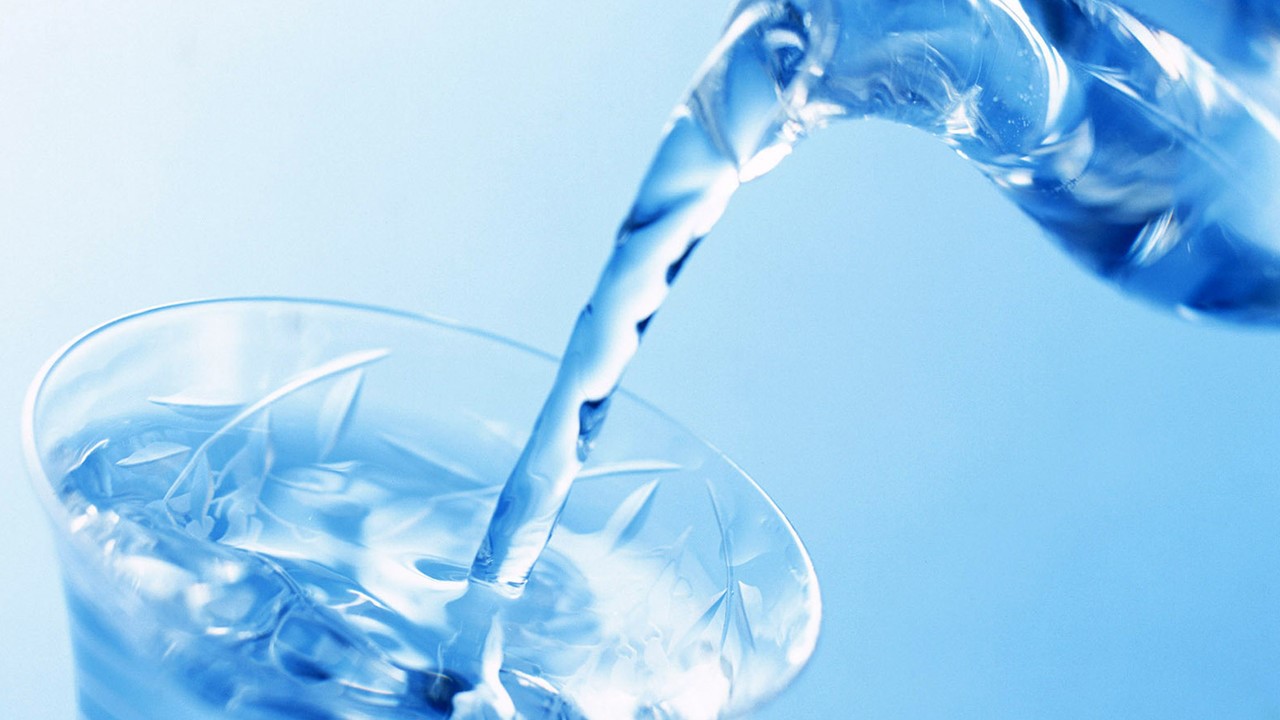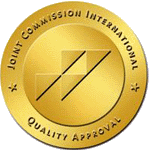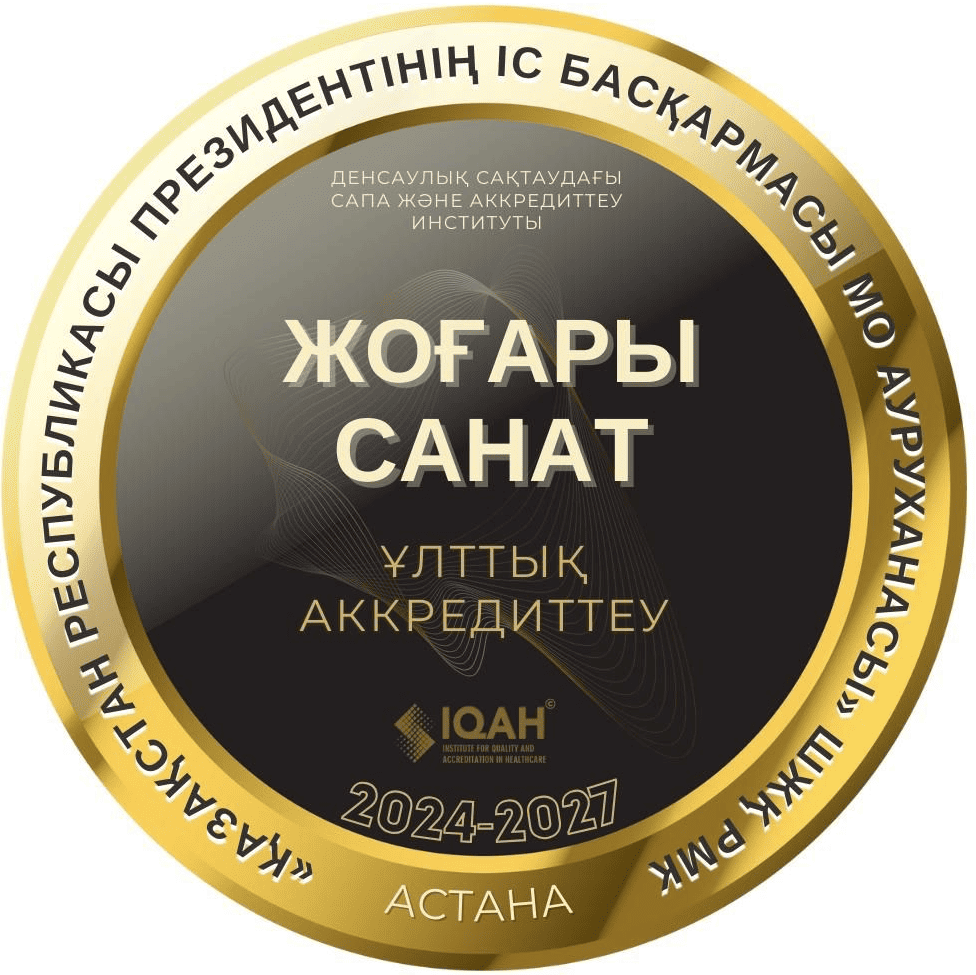“Water: source of human health”

Human body consists of water by 60-65%. Water, which does not have any nutritional properties is still the most important “source of health”.
Water helps supporting our body vital processes, delivering nutritive matters and removing toxins. Body temperature is regulated by water.
Daily drinking regime determines the amount, manner and order of drinking water during the day in accordance with the needs of the body, defined by internal and external factors.
Correct drinking regime is aimed at maintaining balance between the amount of consumed and lost water. Per day, human loses around 2-3 liters of water, 0,5 liter during breathing, water is also lost through skin, urine bladder and colon.
Thus, an adult healthy person needs from 2200 to 3100 milliliters of water per day, part of this water comes with consumed food. 1-2% reduction of water content causes thirst and mouth dryness.
Enhanced drinking regime is necessary during viral diseases, exercising, in hot climate, breastfeeding and if you have bad habits (for example, smoking one pack of cigarettes per days increases demand for water by 40%).
Deficit of water in the body causes:
- water-salt balance disorders (stones in kidneys and urine bladder, negative impact of condition of joints, increased risk of arthritis and arthrosis);
- increased viscosity of main bodily fluids, high risk of brain strokes, infarction, thrombosis, varicose disease and hemorrhoids;
- digestion disorders (slowed digestive ferment production process, peristaltics, food stays longer in the colon, leading to fermentation, inflammatory processes and chronic constipation);
- skin problems (reduced elasticity, thinness, unhealthy gray-yellowish tint and wrinkles) and its appendages (weak and frail hair and nails);
- disorders in urinary system and body “self-cleaning” processes.
Sources of water:
- potable water that we receive from various drinks;
- water contained in food;
- metabolic water received after oxidation of carbohydrates, fats and albumins.
Water quality and drinking regime are closely interrelated. Drinking much softened water (which does not contain sufficient microelements) may cause water-salt balance disorders, which is manifested through headache, nauseas and dizziness.
Fluid containing too many minerals (mineralized water) or carbohydrates (sweet drinks) also changes drinking regime. It does not quench thirst and further misaligns electrolyte balance.
As a rule water in optimal drinking regime should not be boiled and purified from harmful admixtures.
How to establish drinking regime?
- Clean drinking water should be available in any situation: you should always have a bottle of water with you: at work, in transport, at leisure.
- You can install a special application on your phone – sound signal will remind about drinking water every hour.
- Do not try to consume the entire volume of fluid once, gradually increase amount of water to necessary physiological norm.
- start your morning with one or two glasses of pure warm water after fasting,
- drink a glass of water half an hour before meal / one hour after meal
- if you have difficulty drinking water, you can add some lemon juice, mint, honey.
- drink water in small sips through equal intervals, thus water is assimilated slowly, saturating the body.
Do not forget complying with drinking regime ― take care of yourself!




